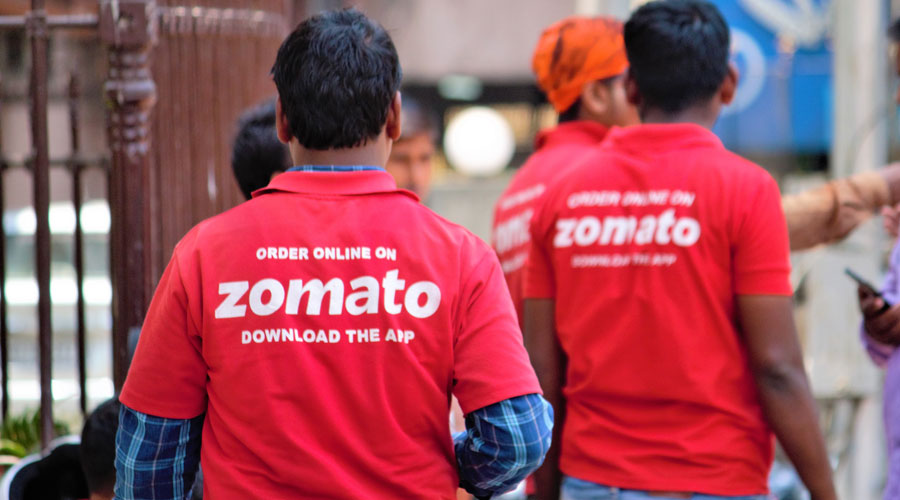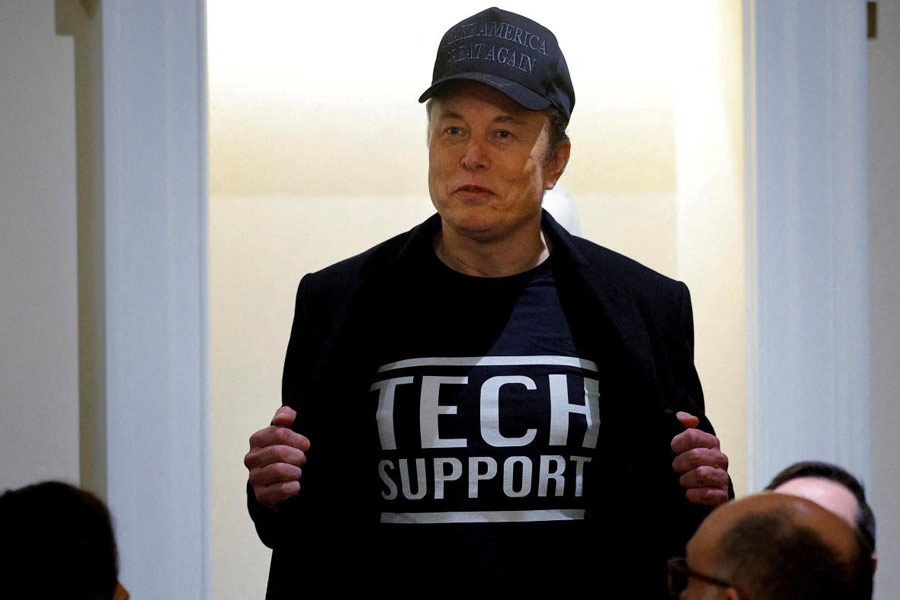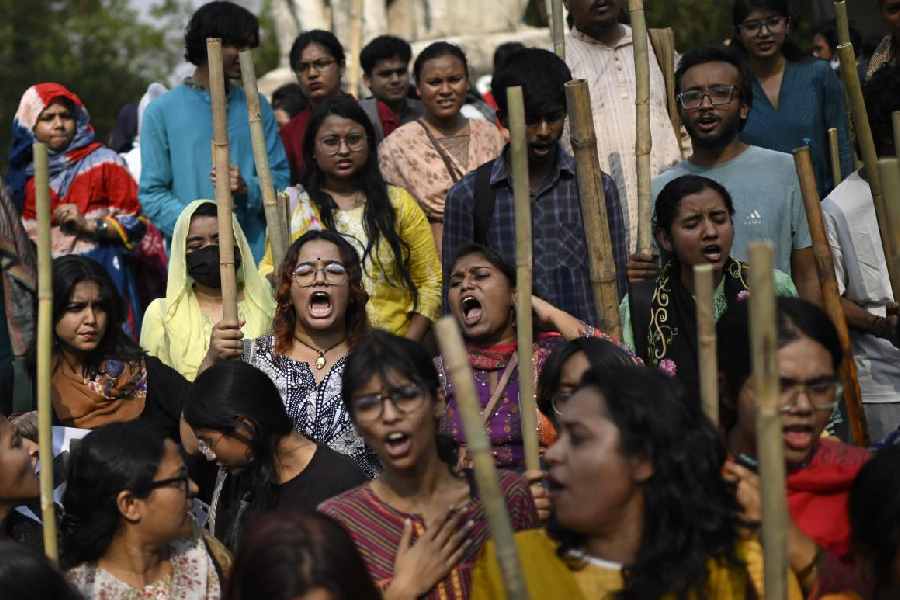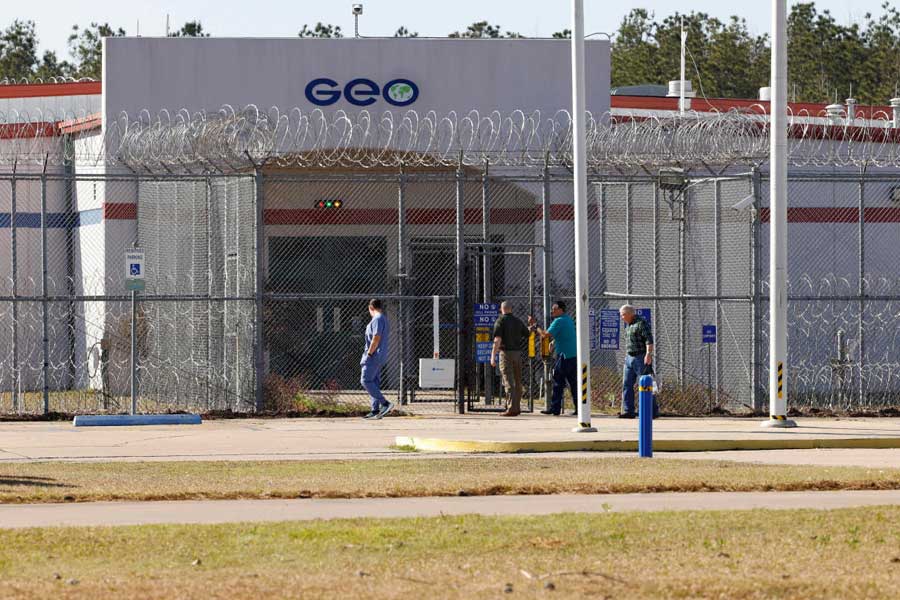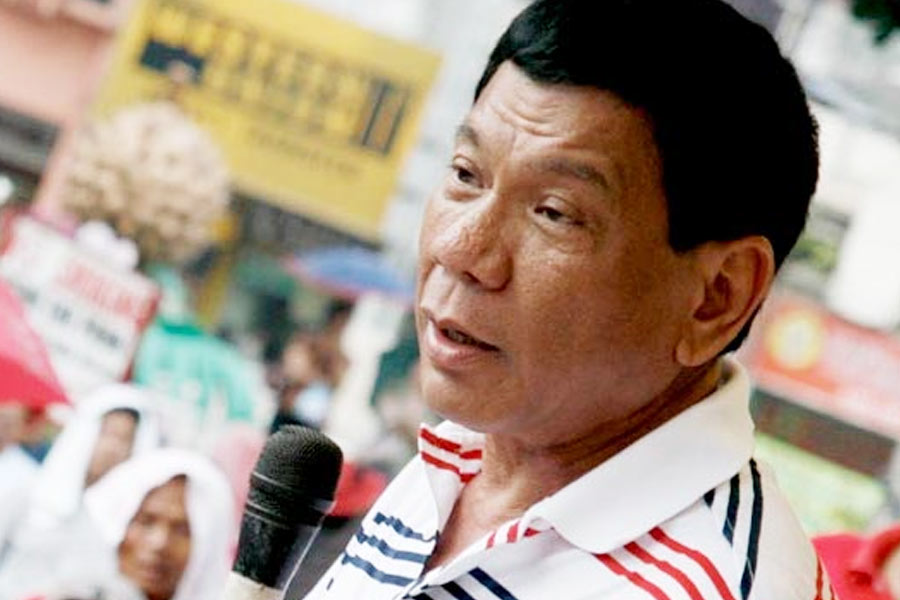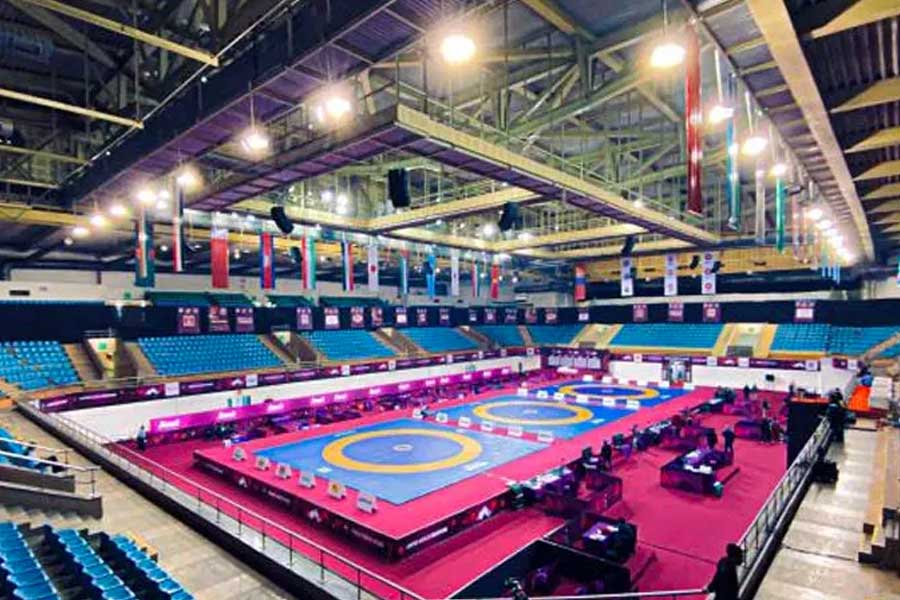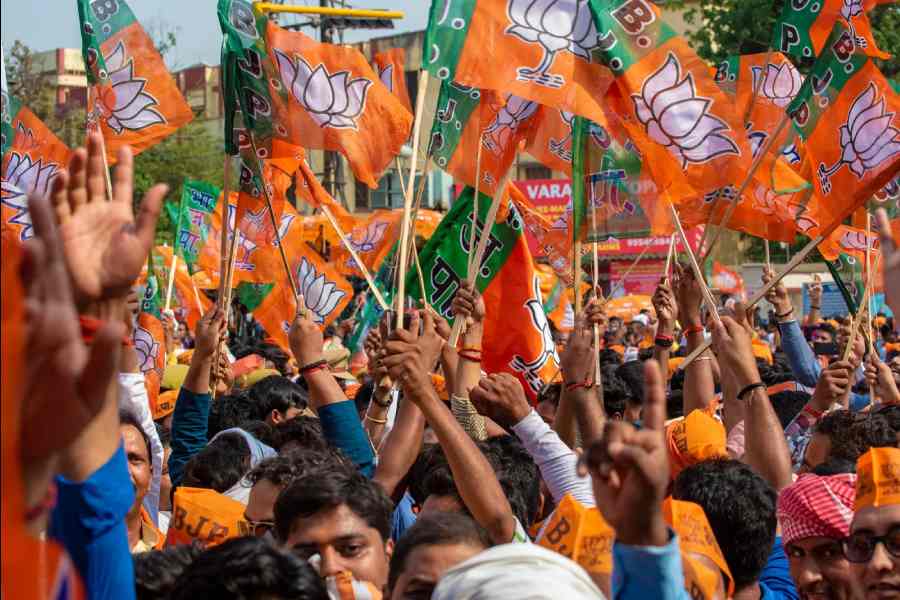The GST Council on Friday decided to tax online food delivery operators such as Swiggy and Zomato on behalf of restaurants from January next year even as it extended concessional tax rates on certain Covid-19 drugs by three months till December 31.
“Yes there was a detailed discussion...the place where food is delivered is going to be the point where tax will be collected. They will pay the GST on it,” Nirmala Sitharaman, finance minister, told reporters after the meeting.
“There is no new tax,” she added.
Many restaurants were found to be not depositing GST with the government, while some were not even registered, Sitharaman said.
The fitment panel, comprising central and state officers, estimated a GST revenue loss of Rs 2,000 crore in 2019-20 and 2020-21.
As such it recommended a 5 per cent rate on online food delivery operators without input tax credit.
Sitharaman said 5 per cent GST will be levied at the point where the delivery is made by Swiggy and Zomato.
Geetika Srivastava, executive partner, Tattvam Advisors said: “To curb the tax evasion, GST Council has proposed to make the food delivery apps like Zomato Swiggy liable to pay GST 5 per cent as deemed suppliers of restaurant services w.e.f 1st January, 2022. By doing so, the government should be cautious of not adding to the burden by creating another layer of input tax credit blockage already suffered by this sector.”
“While food delivery services would constitute e-commerce services, sufficient safeguards need to be taken in subjecting them to GST to ensure that smaller food outlets are protected and consumers do not end up paying more,” M.S. Mani, senior director, Deloitte India, said.
The council exempted expensive life-saving drugs from the indirect tax, extended concessional rate on covid-related drugs for three more months, addressed the issue of inverted duty structure in textiles, footwear, pens, specified renewable energy devices, parts of locomotives, among other items.
It extended the period of concessional GST rates on certain Covid-related drugs by three months till December 31 but decided not to give the same benefit to medical equipment.
Tax rate on Amphotericin B, Tocilizumab was cut to "Nil", while Remdesivir and Heparin was reduced to 5 per cent in June 2021, which has now been extended till December 31, 2021 from the present September 30.
The council cut the GST rate from 12 per cent to 5 per cent on cancer-related drugs and on fortified rice kernels to 5 percent from 18 per cent.
Sitharaman said the national permit fee for goods carriage has been exempt from GST.
Import of leased aircraft have also been exempted from payment of I-GST. GST payable on import of aircraft or other goods imported on lease shall now be exempted from double taxation.

